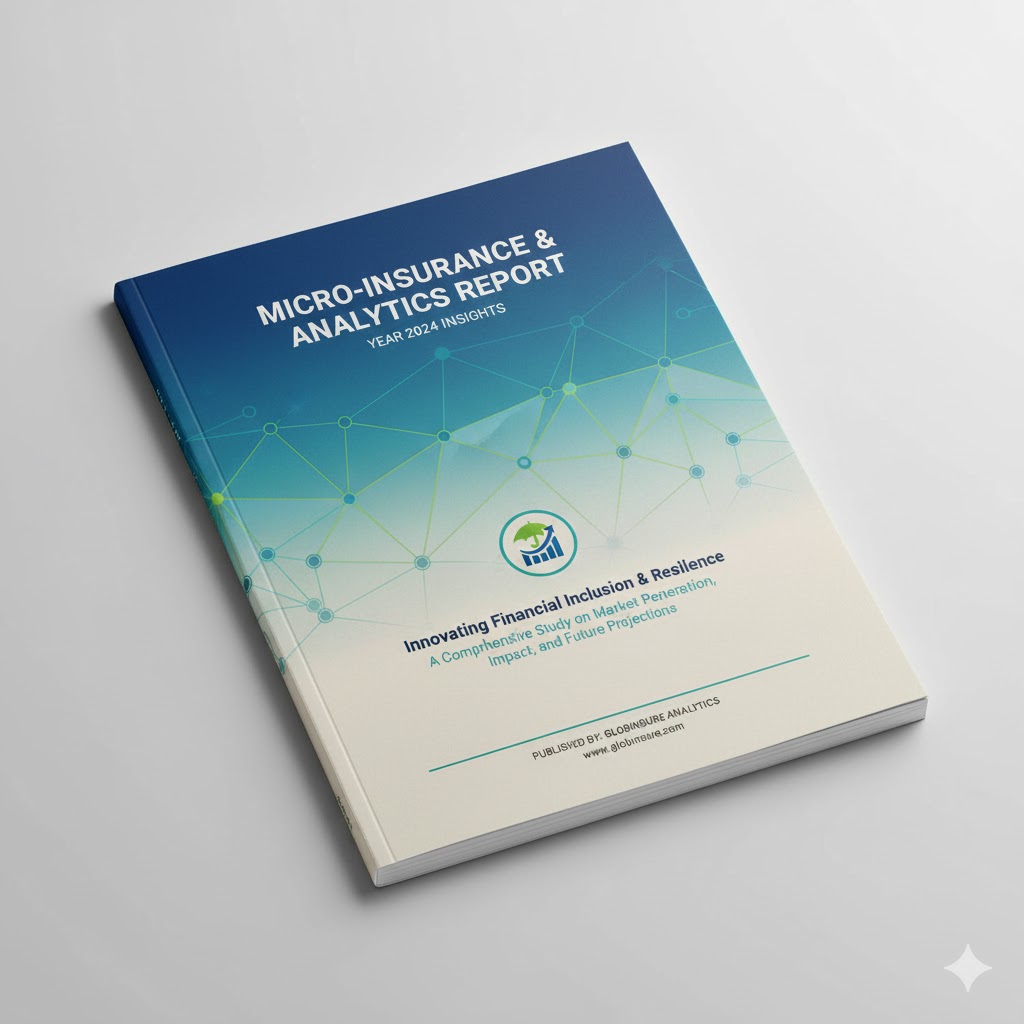Displaying 1 - 10 of 10

Climate insurance for coffee farmers
Blue Marble partnered with Nespresso to provide weather index insurance to coffee farmers. Automatic payouts based on satellite rainfall data. Coverage expanded to multiple countries.
Date d'émission
2023
Sujets
Sujet (Produit)

COVID-19 and the Insurance Industry: Why a Gender-Sensitive Response Matters
COVID-19 and the Insurance Industry: Why a Gender-Sensitive Response Matters. This guidance note explores how the COVID-19 pandemic affected the gender gap in insurance access and services. It identifies four key areas where applying a gender lens can improve customer-centricity: operational practices, brand communication, product innovation, and new distribution channels. With practical insights from IFC's Women's Insurance Program, the paper offers a roadmap for insurers to better serve women during and beyond crisis periods.
Date d'émission
2020
Région

DeRisking coffee in Vietnam: Piloting a Coffee Climate Protection Insurance scheme to enhance the capacity of smallholders and agribusinesses in coping with climate variability and change
Vietnam's Central Highlands – the world's largest Robusta coffee region – remains one of the country's poorest areas and is highly vulnerable to climate shocks. To build farmers' resilience, a Coffee Climate Protection Insurance (CCPI) pilot is providing smallholder coffee farmers with index-based insurance against drought, excessive rainfall, and extreme temperature, coupled with climate-informed agro-advisory services.
Date d'émission
2022
Sujets
Sujet (Produit)
Région

Empowering Women Smallholder Farmers through Digital Microinsurance
Photo essay by ADFI and Pula showing gender-inclusive insurance design using mobile platforms and bundled climate microinsurance products across Kenya, Nigeria, and Zambia.
Date d'émission
2022
Sujets
Sujet (Produit)
Région

Global Parametrics & One Acre Fund Provide Weather Protection for Tanzanian Farmers
One Acre Fund, a nonprofit that supports smallholder farmers, partnered with Global Parametrics to pioneer a new Water Balance Index protecting 70,000 farmers in Tanzania from drought and excessive rainfall. This index-based weather insurance enables fast, affordable payouts, strengthening farmers' resilience to a volatile climate.
Date d'émission
2021
Sujets
Sujet (Produit)
Région

GREEN DELTA, BANGLADESH – The case for insuring women for a better tomorrow
The case for insuring women for a better tomorrow. Green Delta Insurance Company (GDIC), a private non-life insurer in Bangladesh, partnered with IFC and others to design targeted insurance solutions for women. This note explores why women represent a key growth segment, how GDIC tailored its approach for Bangladeshi women, and the lessons learned from implementing this gender-inclusive strategy in the local market.
Date d'émission
2020
Sujet (Produit)
Région

INSULAR LIFE, PHILIPPINES – The case for insuring women for a better tomorrow
Insular Life, Philippines – This case study showcases how Insular Life (InLife), a leading life insurer and health maintenance organization in the Philippines, partnered with IFC and the Women Entrepreneurs Finance Initiative (We-Fi) to better serve Filipino women. Their gender-focused strategy positions InLife as both an inclusive insurer and an employer of choice for women. The report outlines their journey toward creating more accessible insurance solutions, workforce empowerment, and long-term impact on women's financial resilience.
Date d'émission
2021
Sujet (Produit)
Région

MiCRO / SBS / Bancamía – Boosting Resilience for Microentrepreneurs
In 2019, MiCRO and SBS Seguros, in partnership with Bancamía, launched "My Protected Investment", a microinsurance product for SMEs that combines index-based and traditional coverage. Three years after Colombia's first parametric insurance launch, the initiative had already reached almost 120,000 low-income beneficiaries, providing protection against hazards such as excess rain, drought, and earthquakes, while expanding access to underserved urban and rural clients.
Date d'émission
2023
Sujets
Sujet (Produit)

Nepal: Introducing index-based insurance for flood-prone communities
Practical Action developed a flood index insurance for Western Nepal smallholder farmers. Features bundled services, cooperative-based sales, and payouts for crop loss after severe floods.
Date d'émission
2022
Sujets
Sujet (Produit)
Région

Segurísimo, developing inclusive insurance in Colombia
SEGURÍSIMO is a low-cost, easy-to-claim modular insurance product designed to serve vulnerable and traditionally excluded populations in rural areas. It offers coverage for both the policyholder and the beneficiary, emphasizing accessibility and inclusivity. The product's modular design allows flexibility in tailoring benefits, and its streamlined claims process helps reduce barriers to access. This case reflects an impactful initiative in Colombia aimed at enhancing social protection for underserved groups.
Date d'émission
2022
Sujets
Sujet (Produit)
